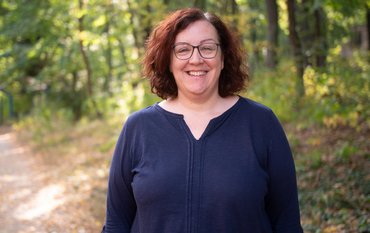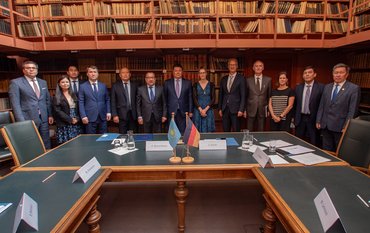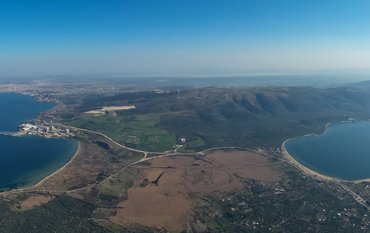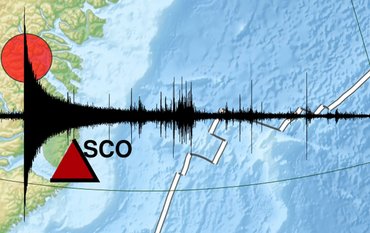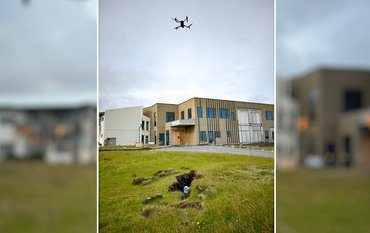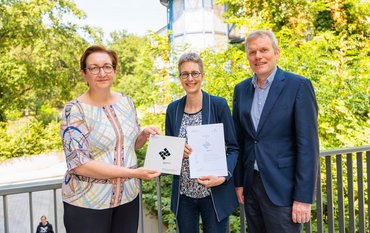The International Training Course "Seismology and Seismic Hazard" was opened on 26.10.2020. The GFZ Section 'Physics of Earthquakes and Volcanoes' conducts annual training courses on "Seismology and Earthquake Hazard Assessment" as part of the UNESCO training and further education program and with the support of the German Federal Foreign Office.
This year we have 20 participants in the training course, 18 from the Balkan region and two from Lithuania. Due to the Corona crisis, the course is Internet-based. For two weeks, the participants will be taught by experts from the German GeoForschungsZentrum and European partners in the fields of seismology, engineering seismology, seismic hazard assessment and InSAR monitoring.
The course 2020 was originally planned as a regional course for Latin America in Argentina. This planning had to be cancelled in summer due to the corona crisis. As an alternative, a regional course for the Balkans was planned and institutes from the Balkans were invited to nominate course participants. This initiative of the GFZ was gladly accepted. The 20 participants this year come from Albania, Bosnia-Herzegovina, Bulgaria, Croatia, Montenegro, Northern Macedonia, Serbia, Slovenia and Lithuania.
The lecturers of the courses 2020 are from the GFZ sections 2.1, 2.4 and 2.6, as well as from the University of Potsdam and the 'European Mediterranean Seismological Centre'. Lectures and exercises will be conducted via a conference software, which allows to work interactively with all participants in a large classroom or with individual participants in subrooms. This special service is provided by PhD students of the GFZ, who help to design the exercises. Further help comes from our computer center, which provides computing power for some exercises to external participants.
This year's course has already started one week ago with a special program. The first week was used to identify and solve technical but also communication problems. In addition, introductory lectures were given so that the participants, some of whom come from different disciplines, can build on common basic knowledge.



![[Translate to English:] [Translate to English:] Abror Gafurov von dem Schriftzug "Welcome to Azerbaijan" und den UN und COP Logos](/fileadmin/_processed_/2/5/csm_2024_11_Baku_COP29_Abror_Gafurov_1042faec82.jpeg)


![[Translate to English:] Martin Herold standing in front of the library on the Telegrafenberg](/fileadmin/_processed_/c/d/csm_Martin_Herold_d385ee4dd9.jpeg)
![[Translate to English:] Many people are listening to a presentation in the GFZ lecture hall.](/fileadmin/_processed_/c/a/csm_1_Bild1_hell_b9c0e9f5ed.jpeg)






![[Translate to English:] Both scientists sitting on stools in front of a wall of books in the Telegrafenberg library](/fileadmin/_processed_/6/6/csm_Buiter_Castell_DORA_4_e87cb1ea18.jpeg)
![[Translate to English:] Gruppenbild mit 4 Personen](/fileadmin/_processed_/8/d/csm_20241017_GFZ-Emmerman-Medal-005_web_reinhardtundsommer_21a414fa4a.jpeg)






![[Translate to English:] Ice landscape with five red tents](/fileadmin/_processed_/8/9/csm_Zeltlager_auf_dem_Eis_Urheberin_Jenine_McCutcheon_5ced2d523b.jpeg)


